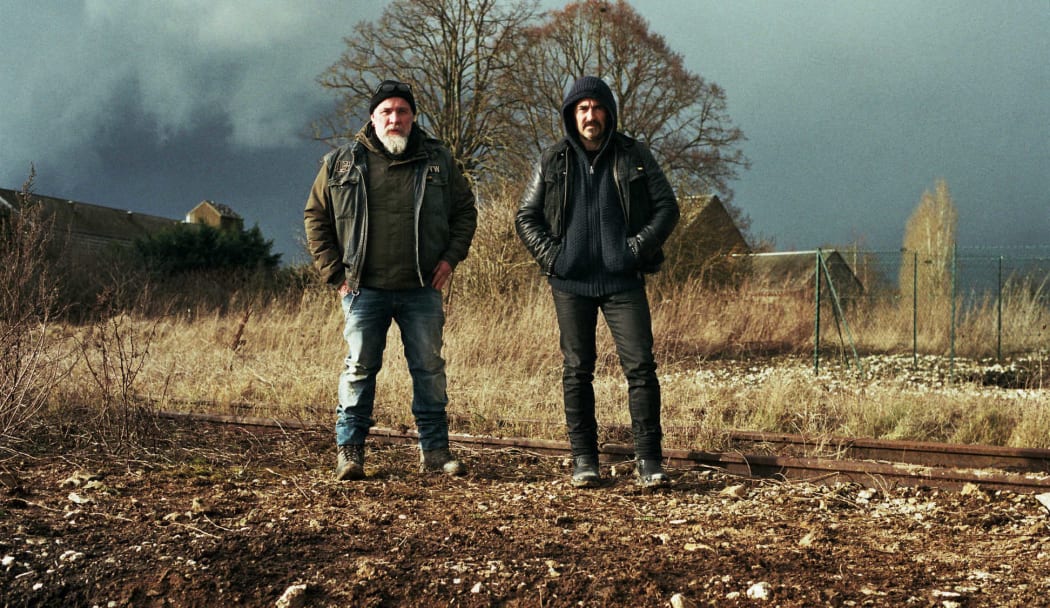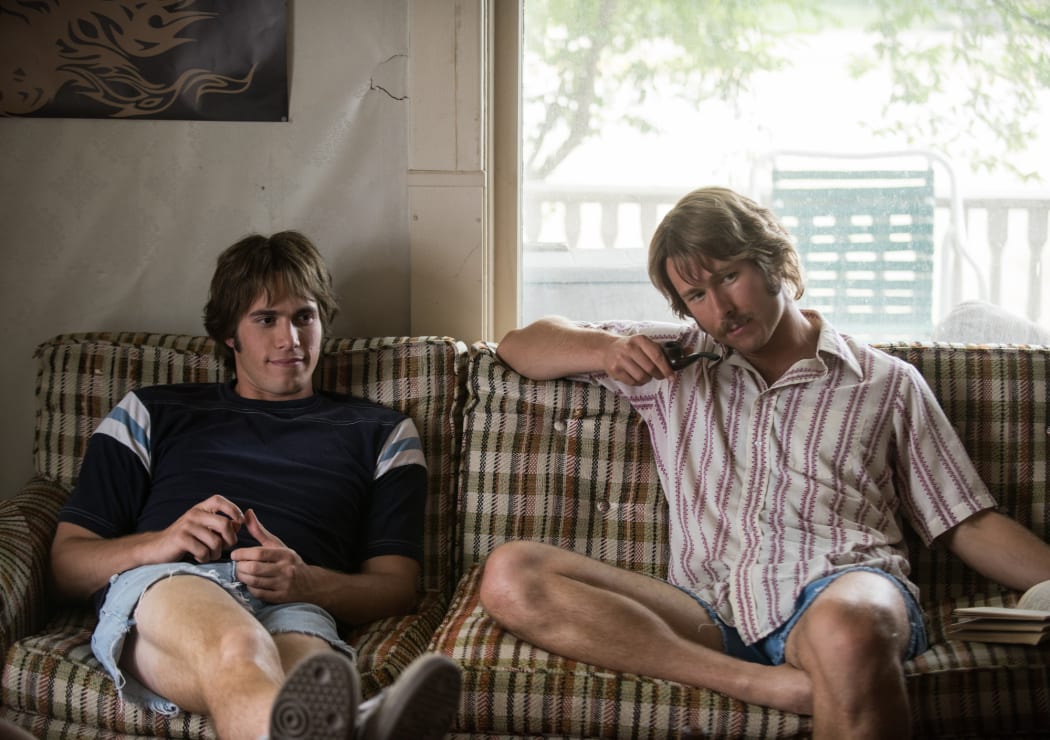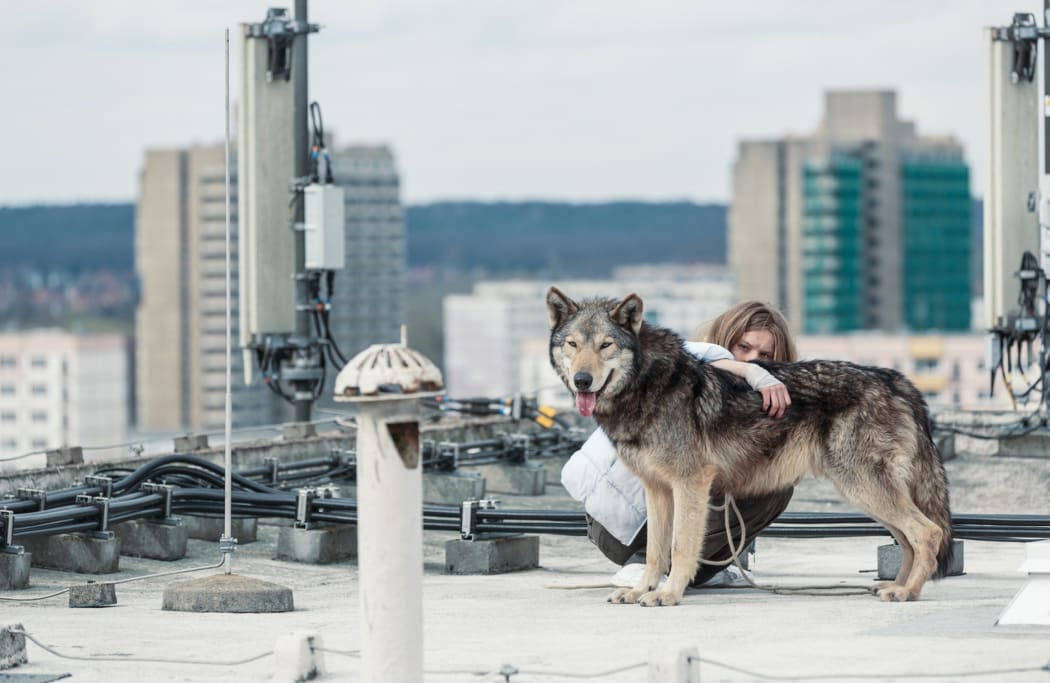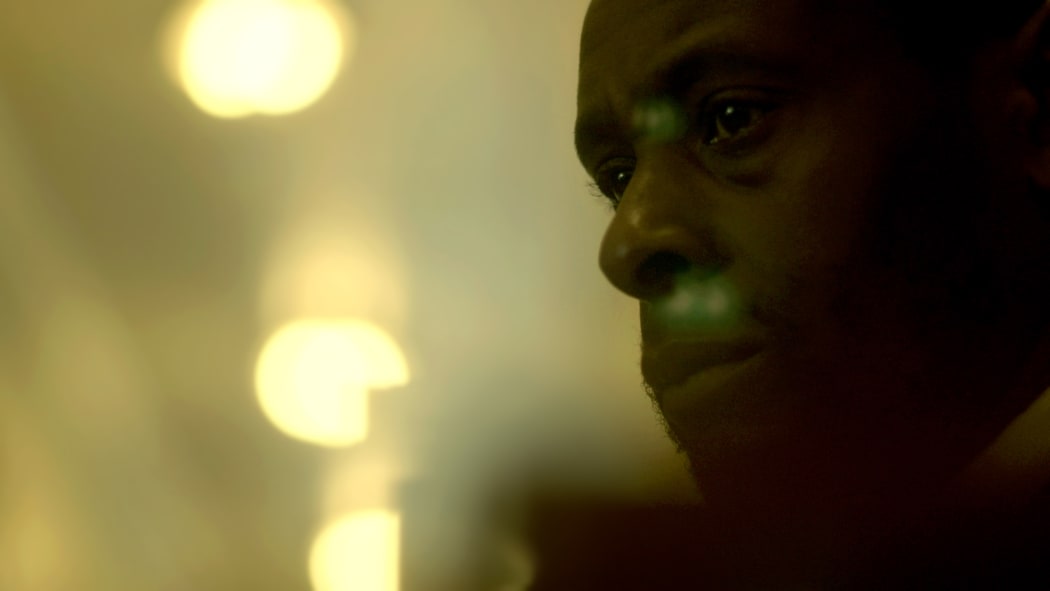The New Zealand International Film Festival programme rewards those who dig a little deeper so Dan Slevin reviews a few of the smaller films on offer in this year’s event.

Bouli Lanners and Albert Dupontel in Lanners’ The First, the Last, screening in the 2016 New Zealand International Film Festival Photo: NZIFF
Back in the day when I wrote for Wellington’s weekly rag the Capital Times I would preview each film festival by letting festival staff choose a selection of obscure or under-the-radar titles for me.
There are a couple of benefits to this approach. Firstly, it gives attention to obscure gems that are often found at the back half of the programme, the films that only merit a quarter page blurb or that aren’t going to screen at the Civic or Embassy. It means that chances are, I’m not repeating what everyone else is doing. And I’m a fan of the underdog.
Also, this way I get to see films I probably wouldn’t have chosen for myself and learn a thing or two in the process. Of last year’s festival, the film I find myself thinking of most often was a documentary about the mayor of the city of Datong in China.
But, mainly it takes away the burden of choice, and if you are staring at the programme right now and don’t know where to start, you’ll understand what I mean. I feel liberated.
First up, The First, the Last by Bouli Lanners, a French/Belgian co-production. It’s a combustibly dry black comedy set in either a post-apocalyptic future or a very grim present. A naïve young couple makes off with a cellphone that they don’t realise contains some incriminating evidence and the business executive/mob boss (we’re never quite sure what he is) sends two hard men to get it back. Only they’re not that hard, consciences are pricked and eternity is considered. I loved it. It’s redemptive.
Richard Linklater has been making films about Austin and college kids for 30 years and he’s returned to the topic with the cheerfully nostalgic Everybody Wants Some!! about a house full of college baseball players in the first week of the 1980 school year. Perpetually horny, preternaturally good-looking, secretly insecure, these lads are very likeable and the entertaining film floats by despite never quite justifying the second of the two exclamation marks in the title.

Richard Linklater’s amiably nostalgic Everybody Wants Some!! Photo: NZIFF
Free in Deed has been partly funded by the New Zealand Film Commission despite its subject, as well as its location, being fully rooted in the south of the United States. Writer-director Jake Mahaffy is based here now and this funding choice speaks well of the Commish’s broader mandate under chief executive Dave Gibson. I’m not sure they’ll support a better drama this year and for long periods I didn’t think I’d see a better drama in the whole festival. English Shakespearian actor David Harewood utterly inhabits the character of Abe, a troubled individual who has come to believe he has the power of faith healing. I was moved beyond words by this film and can’t recommend it enough.
I’m a little more judicious about Canada’s Les Démons by Philippe Lesage, a gorgeous film about an 80s childhood that ends up delivering less than I had hoped. Ten-year-old Felix (Edouard Tremblay-Grenier) is a sensitive and fretful child trying to make sense of the adult world around him. The stuff that festival director Bill Gosden liked (according to his programme note) was the stuff that didn’t quite work for me: the heavy-handed classical score and the introduction of an actual plot.
I’d been looking forward to Nicolette Krebitz’s Wild since I read about its premiere at Sundance but the reality was so different to what I was expecting that I probably need to watch it again, recalibrated. Ania (Lilith Stangenberg) is a young woman stagnating in a dead-end life. A chance encounter with a wolf in a frozen park sparks the kind of obsession that often fuels characters like this in films like this except the nature of that obsession is, shall we say, unnatural. The pacing is arthouse-y and I struggled to stay fully engaged while it took its time getting to where it needed to be.

Lilith Stangenberg as Ania (with Ania’s new friend) in Nicolette Krebitz’s Wild Photo: Heimatfilm
Documentary cinematographer Kirsten Johnson has been witness to some of the most extraordinary people and events of the last 20 years and in her first film as director she’s produced a remarkable and unique memoir proving that she’s as sensitive and sure-footed a director as any of the collaborators she’s worked alongside. All of the footage in Cameraperson was shot for other reasons, other projects, but by reassembling them (and often extending shots beyond the versions that were used for other films) she has created an immensely powerful personal narrative. It’s a portrait of the life of an artist but it’s also an involving meditation on many different iterations of motherhood.
Finally, on this survey of the film festival hinterlands, one of my favourite genres – the arts documentary. Mr Gaga also happens to be about someone who until now I was blissfully unaware of, Israeli choreographer Ohad Naharin. It’s a great story (although one revelation about half way through threatens one’s confidence in the recollections of the man himself). Discovering dance while an army conscript in the early 70s, he went to New York to study at, get thrown out of, leave in disgust, the finest schools and dance companies in the world before doing his own thing in the 80s and then revitalising Israel’s finest contemporary dance company from 1990 until today. My main complaint about this film is that it assumes we know what Gaga is (a sort of movement language devised by Naharin that can be used by dancers and non-dancers alike to get more in touch with their physicality) and it’s dealt with in a very brief section while probably deserving a film of its own.

David Harewood as Abe in Jake Mahaffy’s Free in Deed Photo: SIFF
The New Zealand International Film Festival starts in Auckland on Thursday 14 July

